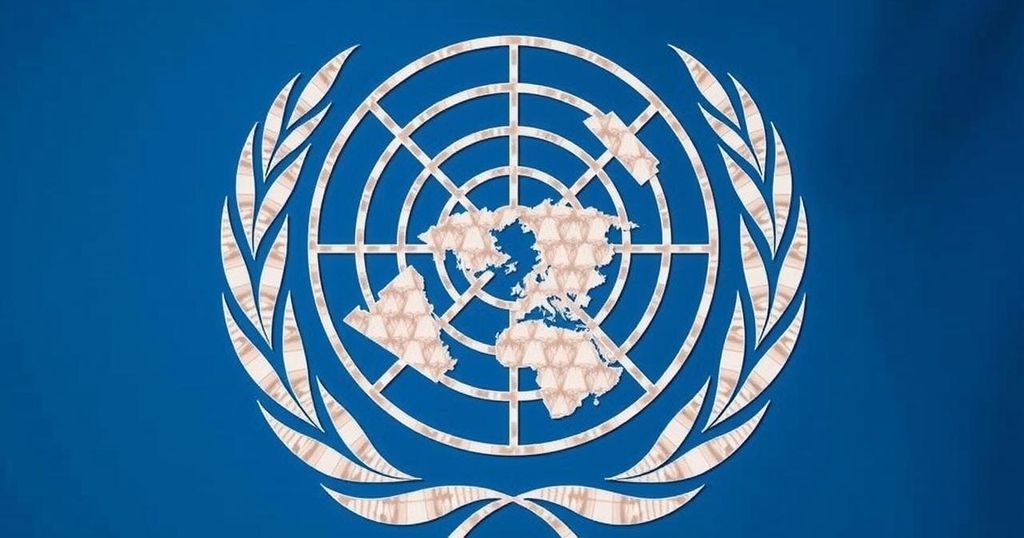COP29 in Baku saw poorer nations reject climate deals over insufficient support. Anticipated withdrawal of the U.S. from climate diplomacy under Trump’s presidency raises concerns for future negotiations. The conference highlighted the need for enhanced climate financing and equitable solutions for developing countries.
The United Nations Climate Change Conference COP29, held recently in Baku, Azerbaijan, faced significant challenges following the rejection of proposed climate agreements by poorer nations. These countries emphasized the necessity for more robust climate financing and support mechanisms as they strive to address the escalating impacts of climate change. With President-elect Donald Trump anticipated to withdraw the United States from international climate diplomacy, the conference’s outcome appears precarious as nations prepare for renewed negotiations to forge a more inclusive and effective agreement.
The COP29 conference is a vital platform for global leaders to discuss and negotiate climate policies. This particular conference has spotlighted the tensions between developed and developing nations regarding the distribution of resources and responsibilities in combating climate change. The decision by poorer nations to reject the offered climate deals underscores ongoing disparities in climate financing, an issue that remains critical for achieving equitable solutions to global climate challenges. Furthermore, the impending changes in U.S. climate policy under a new administration complicate international efforts to sustain collective climate action.
In summary, COP29 concluded with heightened tensions and unresolved issues regarding climate financing and support for developing nations. The rejection of the current climate proposals by poorer countries reveals a significant barrier to progress in climate negotiations. With anticipated changes in U.S. policy towards climate diplomacy, future negotiations will likely focus on establishing fairer agreements that address the needs of all nations, emphasizing the urgency for a collective, cooperative response to the climate crisis.
Original Source: www.euractiv.com






